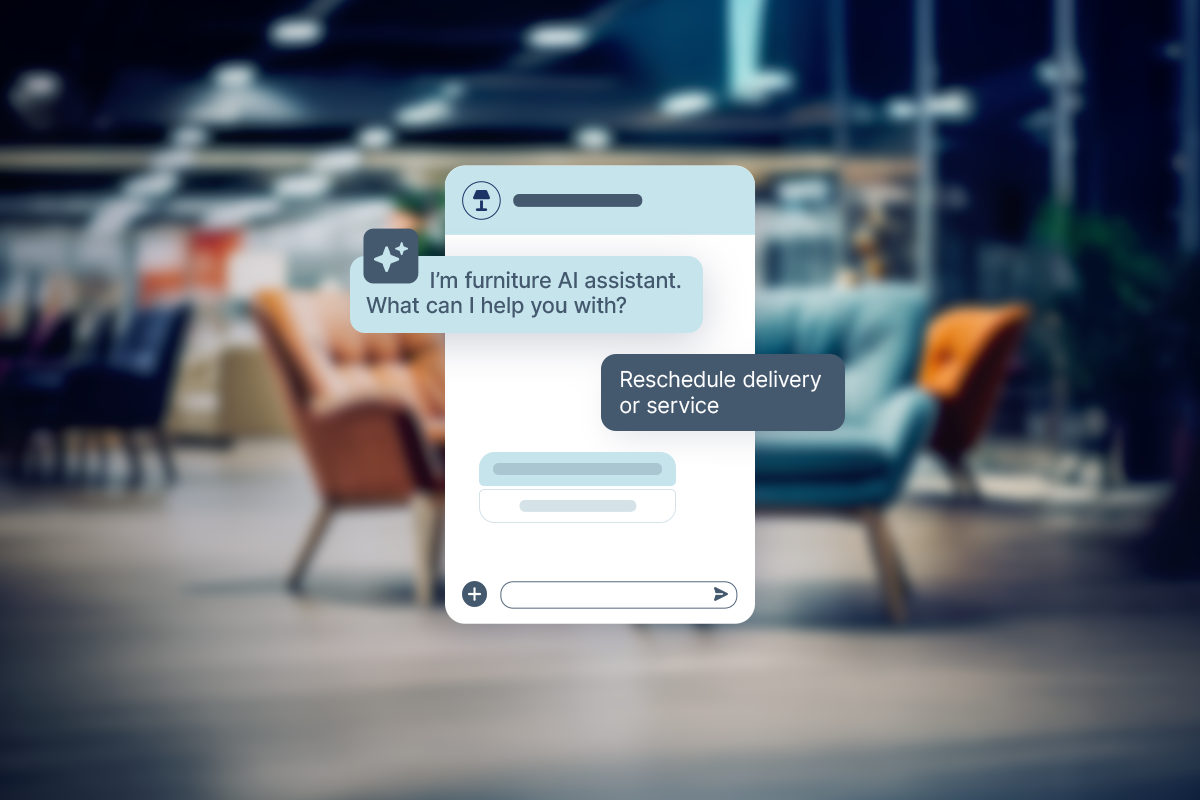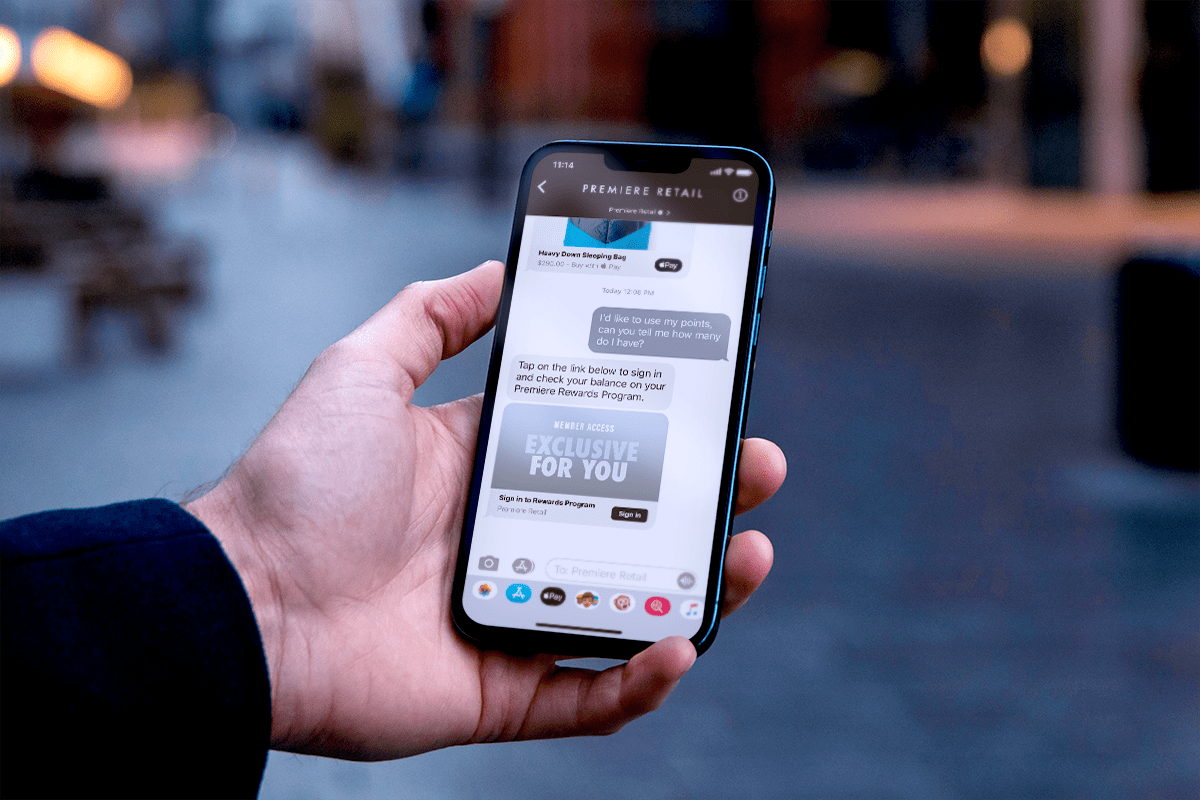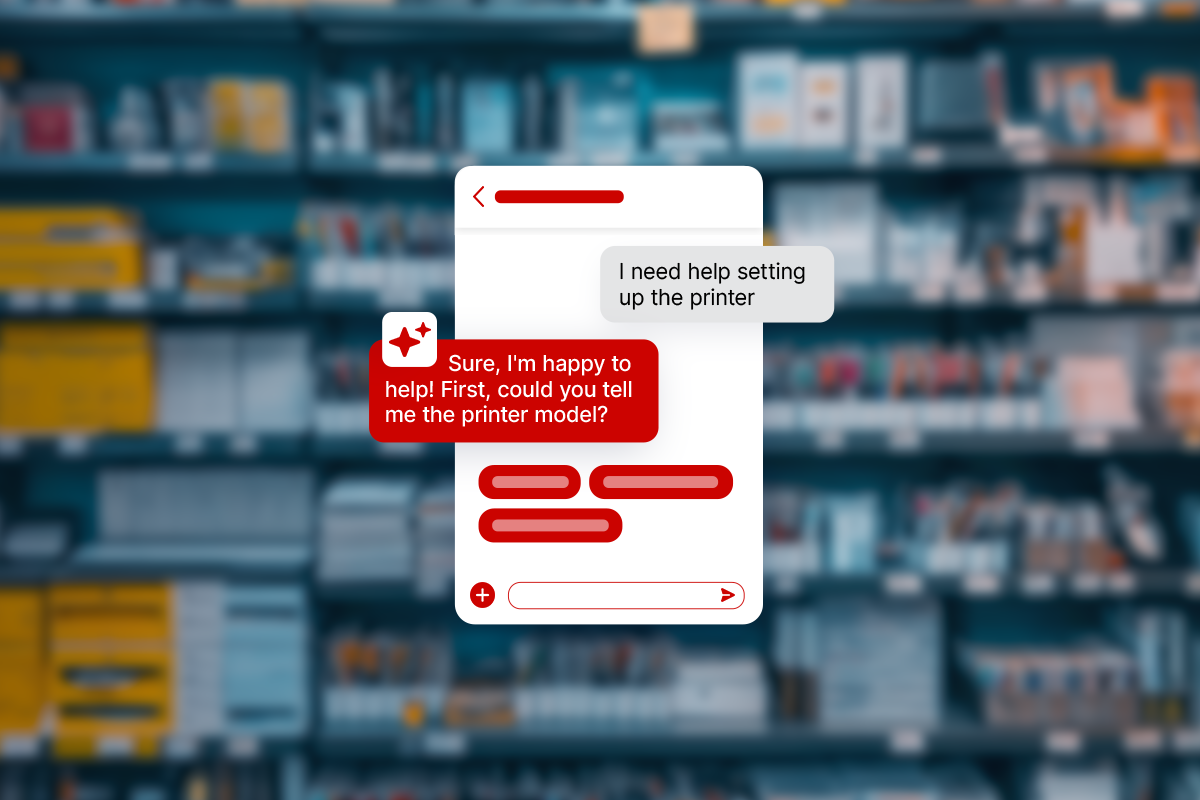A leader in the hospitality industry faced high agent turnover within its customer service voice team, which significantly impacted efficiency and service quality. However, after leveraging the digital messaging capabilities within Quiq’s AI Contact Center, the company achieved zero turnover within its digital messaging team.
This case study explores how Quiq empowered their agents with tools for multitasking, stress reduction, and improved communication. And I’ll share how messaging transformed their workflows and helped them build a stronger, more sustainable customer support structure.
The challenges: High agent turnover and inadequate support
With a worldwide reputation of delivering top-tier customer experiences, this hospitality brand faces the immense task of offering prompt, effective customer support to keep up with the thousands of daily accommodations bookings. Prior to adopting Quiq’s messaging and AI Contact Center solution, the company grappled with high turnover rates among their customer service voice agents.
Their team identified an urgent need to rethink their approach and align with the expectations of over 60% of consumers who prefer automated, self-service options for basic customer service tasks.
Voice-based customer service came with several limitations that hindered operational efficiency and agent and customer satisfaction:
- High agent turnover: Traditional voice support required agents to manage emotionally charged, high-pressure real-time conversations, leading to burnout and high turnover rates. This constant churn created strain on the customer experience, HR resources, and team stability.
- Inefficiency: Voice agents could handle only one customer request at a time, which led to backlogs and long wait times during peak periods.
- Stressful work environment: Phone interactions were stressful, often requiring agents to immediately respond while managing customer emotions, noise, and interruptions.
- Operational costs: Hiring and training new agents increased costs, and the company struggled to establish a consistent, experienced customer service team.
Recognizing these challenges, the company sought a solution that could support their agents while meeting customers’ increasing demand for efficient and convenient digital communication options.
The solution: Quiq’s innovative messaging platform
In collaboration with Quiq, the global hospitality brand introduced messaging channels to their customer service operations—including SMS, Apple Messaging for Business, and WhatsApp.
Key features:
- Multitasking for agents: Quiq’s messaging platform allowed agents to manage multiple customer inquiries simultaneously, significantly increasing efficiency.
- Message drafting and grammar support: Quiq provided tools, including a built-in grammar checker and response templates, ensuring clear, professional communication.
- Reduced pressure: Messaging allowed agents to thoughtfully respond to customer concerns at their own pace, rather than in a real-time pressured environment.
- Enhanced customer experience: By incorporating asynchronous communication, customers could resolve inquiries at their convenience, without needing to stay on hold.
- Rich media capabilities: The ability to send and receive images and documents (like receipts or confirmations) via messaging enabled faster and more accurate resolutions.
The implementation process also included robust agent training programs, workflow adjustments, and collaborative feedback loops to ensure success from day one.
Astounding results and key takeaways
Quiq’s platform led to immediate and significant results. I’ll go through them one by one.
1. Dramatic reduction in agent turnover
The most remarkable outcome was achieving zero agent turnover within the digital messaging team. This stands in stark contrast to the consistently high turnover rates seen on the voice team previously. By eliminating many of the stressors associated with phone-based customer service, agents reported significantly higher job satisfaction and engagement.
Here’s what agents had to say about the switch to messaging:
- “With messaging, we can craft thoughtful, professional responses without the pressure of real-time voice interactions. It’s a game-changer for reducing stress and making our work more enjoyable.”
- “I find messaging much less stressful than phone calls—it gives me time to carefully understand customer concerns and provide the best solutions.”
2. Improved efficiency
Messaging facilitated multitasking, enabling agents to handle multiple customer conversations simultaneously. This drastically reduced wait times and allowed the company to manage peak volumes without needing to massively scale up hiring.
- Agents could manage 3–5 conversations at once versus only one through voice.
- Response times decreased by significant margins, enabling quicker resolutions during high-demand periods.
3. Enhanced productivity and service quality
Quiq’s suite of agent tools, from grammar-checking to automated response suggestions, ensured that agents could deliver polished, accurate communication every time—even when typing fast.
The platform’s ability to track customer interaction history also gave agents valuable context, leading to higher first-contact resolution (FCR) and time-to-resolution (TTR) rates.
4. Elevated customer satisfaction
Customer surveys indicated a noticeable improvement in their service experience. Messaging allowed them to communicate at their own pace, providing flexibility and convenience that voice channels couldn’t match.
The company’s CSAT results include:
- 75% of customers preferred messaging to calls for its ease of use and convenience.
- Response times improved by 40%, reducing customer frustration. (After all, happier agents equal happier customers).
Overall business impact
From an operational perspective, messaging proved more cost-effective and scalable compared to voice. By enabling agents to handle higher volumes of queries with fewer resources, the company saw significant cost savings while maintaining high service standards.
Results recap:
- Zero agent turnover within the digital messaging team.
- Agents are able to handle 3–5 conversations at once (compared to only one with voice interactions).
- Significant decrease in response times during peak periods.
- Improved service quality and customer satisfaction.
What’s next?
Through its partnership with Quiq, this global hospitality leader found a solution that revolutionized its approach to customer service. The introduction of digital messaging channels not only eliminated agent turnover, but also improved operational efficiency and enhanced the customer experience.
Looking ahead, the company plans to further expand its digital service offering by integrating additional messaging channels and exploring AI-driven enhancements to support their teams.




